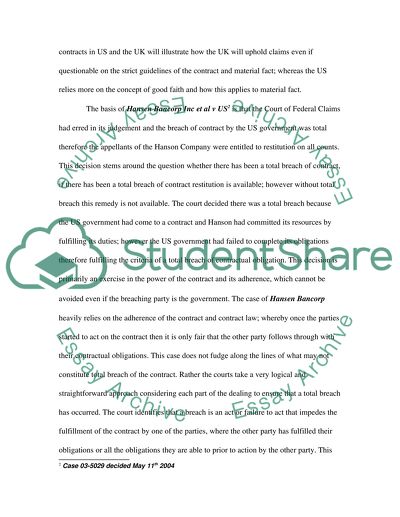Cite this document
(“The Role of Utmost Good Faith in Insurance Law Case Study”, n.d.)
The Role of Utmost Good Faith in Insurance Law Case Study. Retrieved from https://studentshare.org/law/1517899-insurance-law
The Role of Utmost Good Faith in Insurance Law Case Study. Retrieved from https://studentshare.org/law/1517899-insurance-law
(The Role of Utmost Good Faith in Insurance Law Case Study)
The Role of Utmost Good Faith in Insurance Law Case Study. https://studentshare.org/law/1517899-insurance-law.
The Role of Utmost Good Faith in Insurance Law Case Study. https://studentshare.org/law/1517899-insurance-law.
“The Role of Utmost Good Faith in Insurance Law Case Study”, n.d. https://studentshare.org/law/1517899-insurance-law.


